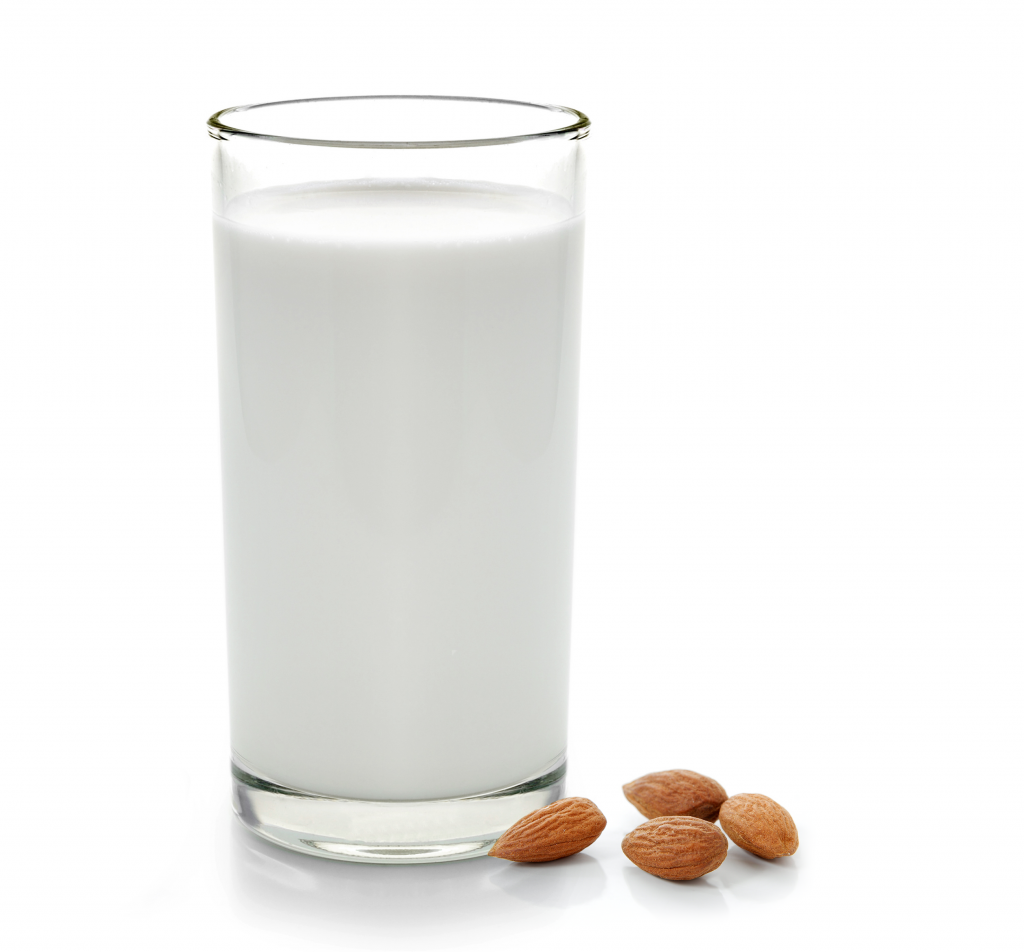It’s almost funny how often the conventional wisdom about food changes. In the 1970s, “experts” started pointing fingers at eggs after concerns about cholesterol became a health issue. A few decades later, eggs are considered a great food and the public recognizes the earlier concerns about eggs’ contribution to blood cholesterol are largely unfounded.
It’d be humorous but for the stakes involved. Public-health activists and do-gooder bureaucrats—collectively, our nation's food fascists—push for draconian public policies regulating what we eat, from soft drinks to “junk” food. But as Cato Institute scholar Walter Olson writes at the New York Daily News, these campaigners should find themselves with egg on their faces as science all too often fails to back up their heavy-handed proposals. The latest case is with salt, when researchers reported this month that salt reduction isn’t associated with a reduced risk of cardiovascular disease:
If anyone's feeling an uneasy soup-stain-on-shirt-front sense of embarrassment, it should be Mayor Bloomberg's Health Department. That department has gone on a huge public campaign to encourage odium for sodium, with processed soup a designated villain, as with a notorious public-service ad showing salt crystals spraying out of a can of the product. Doesn't seem to be working, now, does it? …
This month, the venerable science monthly [Scientific American] ran an article by Melinda Wenner Moyer under the startling headline, "It's Time to End the War on Salt." City health commissioner Thomas Farley must have needed reviving with smelling salts, assuming his office hasn't tried to ban those yet.
The political campaigns again and again seem oddly unrelated to the science.




